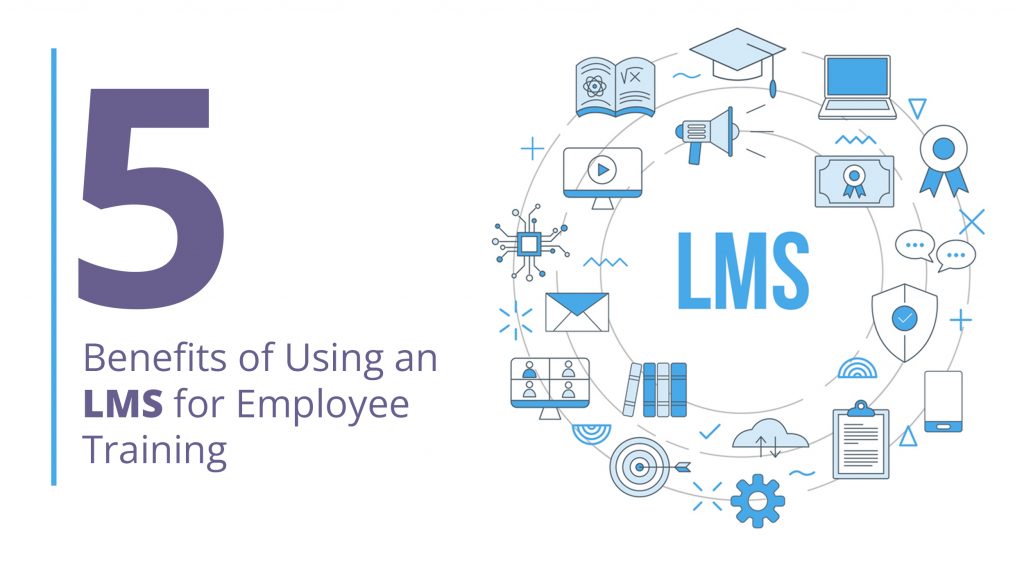In today’s fast-paced and competitive business landscape, organizations must prioritize employee training and development to stay ahead. Leveraging technology has become crucial in this regard, and Learning Management Systems (LMS) have emerged as powerful tools to facilitate effective training programs. In this article, we will explore five key benefits of using an LMS for employee training, highlighting how it can enhance learning outcomes and drive organizational success.
1.Centralized and Convenient Learning:
An LMS provides a centralized platform where employees can access training materials, courses, and resources from anywhere, at any time. This convenience eliminates geographical barriers and allows for flexible learning schedules. Employees can engage with training content at their own pace, making it easier for them to balance work responsibilities and learning objectives. By offering a one-stop destination for training, an LMS ensures that employees have easy access to the information they need, enhancing efficiency and productivity.
2.Personalized Learning Paths:
Every employee has different learning preferences and requirements. An LMS allows organizations to create personalized learning paths tailored to individual needs. By using pre-assessments or surveys, the LMS can identify skill gaps and recommend relevant courses or modules. Personalized learning paths ensure that employees receive targeted training, increasing engagement and knowledge retention. This customized approach to learning fosters a culture of continuous improvement, enabling employees to develop specific skills aligned with their roles and career aspirations.
3.Interactive and Engaging Content:
Traditional training methods often rely on static materials that can be monotonous and less engaging. An LMS, on the other hand, provides various multimedia options such as videos, interactive quizzes, gamification elements, and discussion forums. These features promote active learning and encourage employees to participate actively in the training process. By incorporating interactive content, an LMS makes learning more enjoyable and memorable, resulting in improved knowledge acquisition and application.
4.Progress Tracking and Assessments:
One of the key advantages of an LMS is its ability to track and monitor employee progress throughout the training journey. The system captures data on completed courses, assessment scores, and learning activities, allowing managers and trainers to assess the effectiveness of the training program. This data-driven approach enables organizations to identify areas of improvement, measure the impact of training initiatives, and make informed decisions to optimize the learning experience. Regular assessments also provide employees with feedback on their performance, helping them gauge their progress and identify areas for further development.
5.Cost and Time Efficiency:
Implementing traditional training methods can be expensive and time-consuming. On-site training sessions require dedicated trainers, physical infrastructure, and logistical arrangements. An LMS eliminates these overheads by providing a cost-effective and scalable solution. Once the training materials are uploaded to the LMS, they can be accessed by an unlimited number of employees, significantly reducing costs per participant. Additionally, the flexibility of online learning reduces the time spent away from work, ensuring minimal disruptions to daily operations.
In a nutshell, The benefits of using an LMS for employee training are abundant. The centralized and convenient learning environment, personalized learning paths, interactive content, progress tracking, and cost efficiency all contribute to enhanced learning outcomes and organizational success. edWaves, our advanced Learning Management System, encompasses all these features and more, making it an ideal choice for organizations seeking to optimize their training programs. By harnessing the power of technology and investing in employee development, businesses can foster a culture of continuous learning, drive employee engagement, and achieve their strategic goals.

